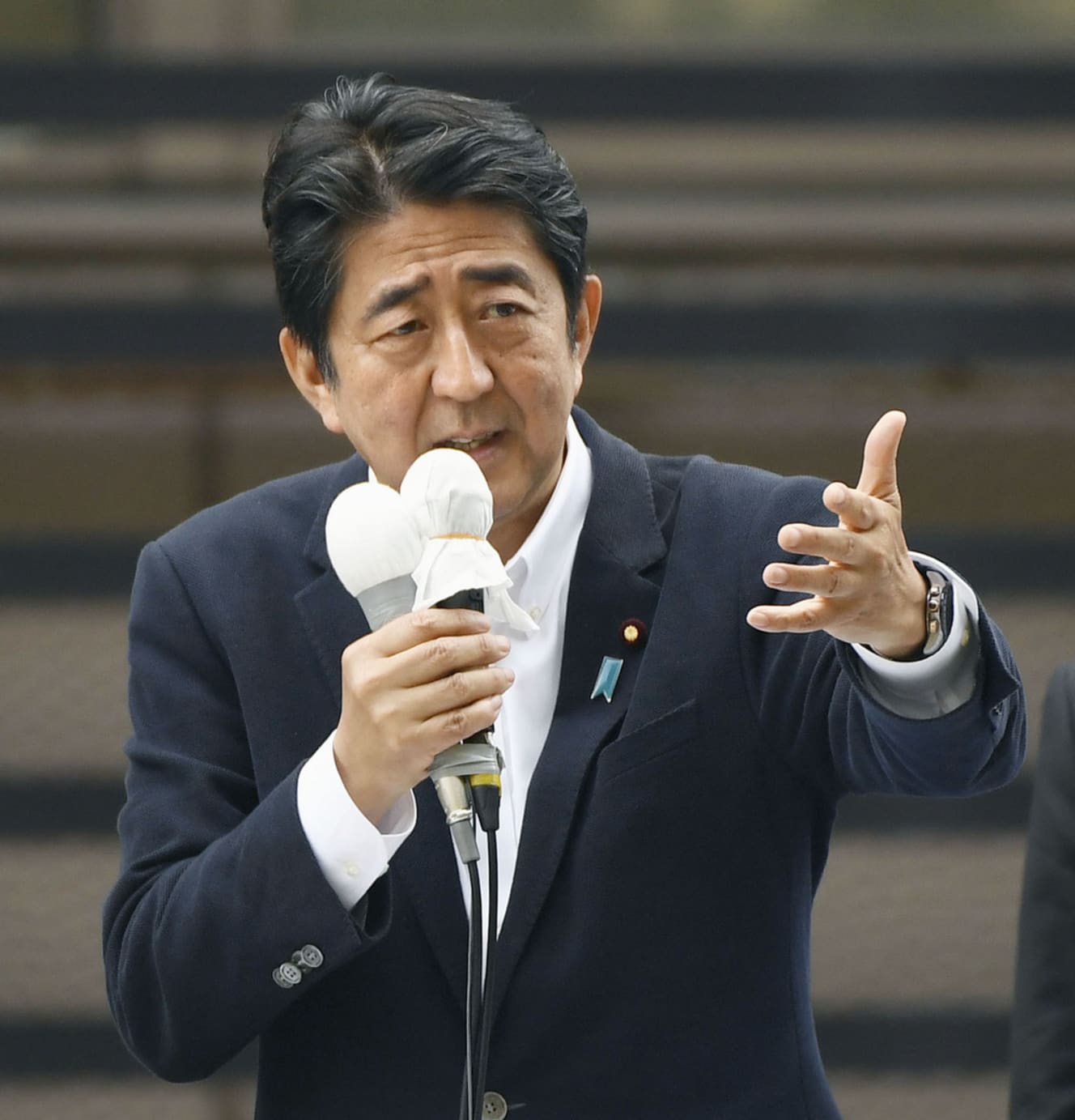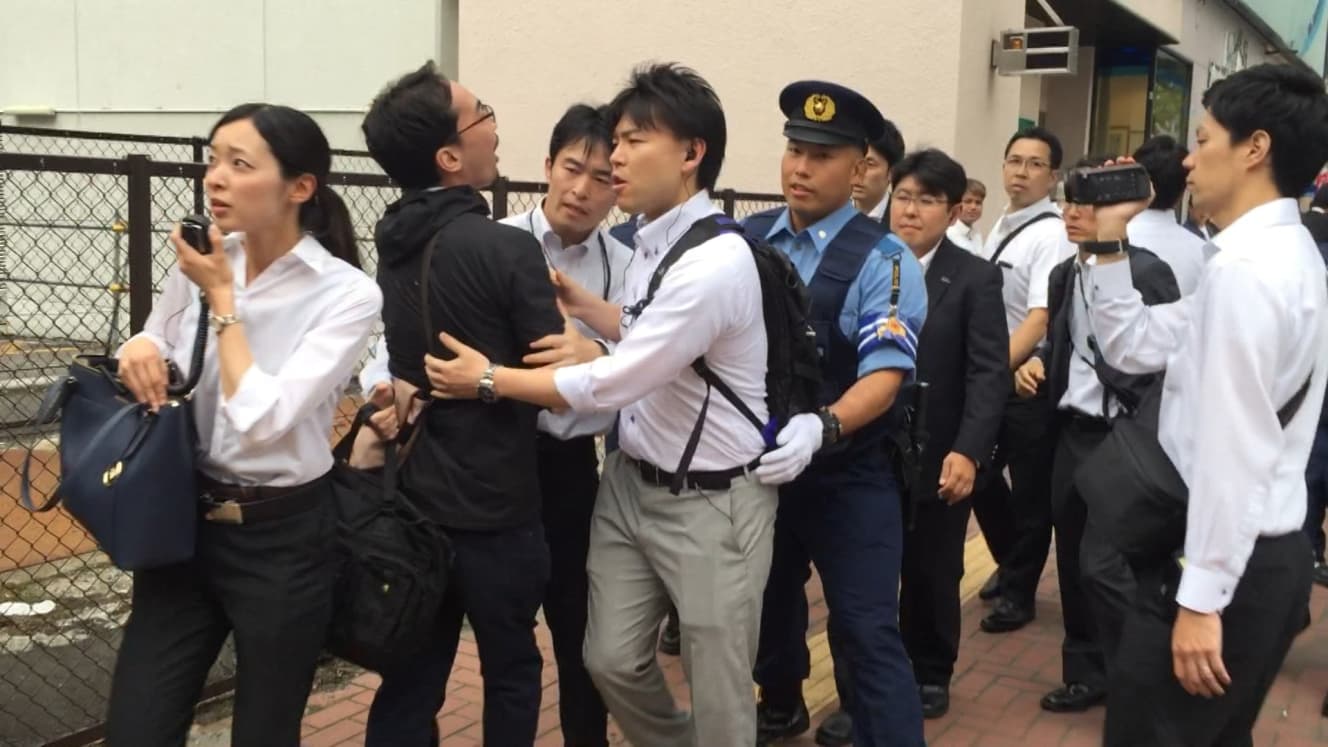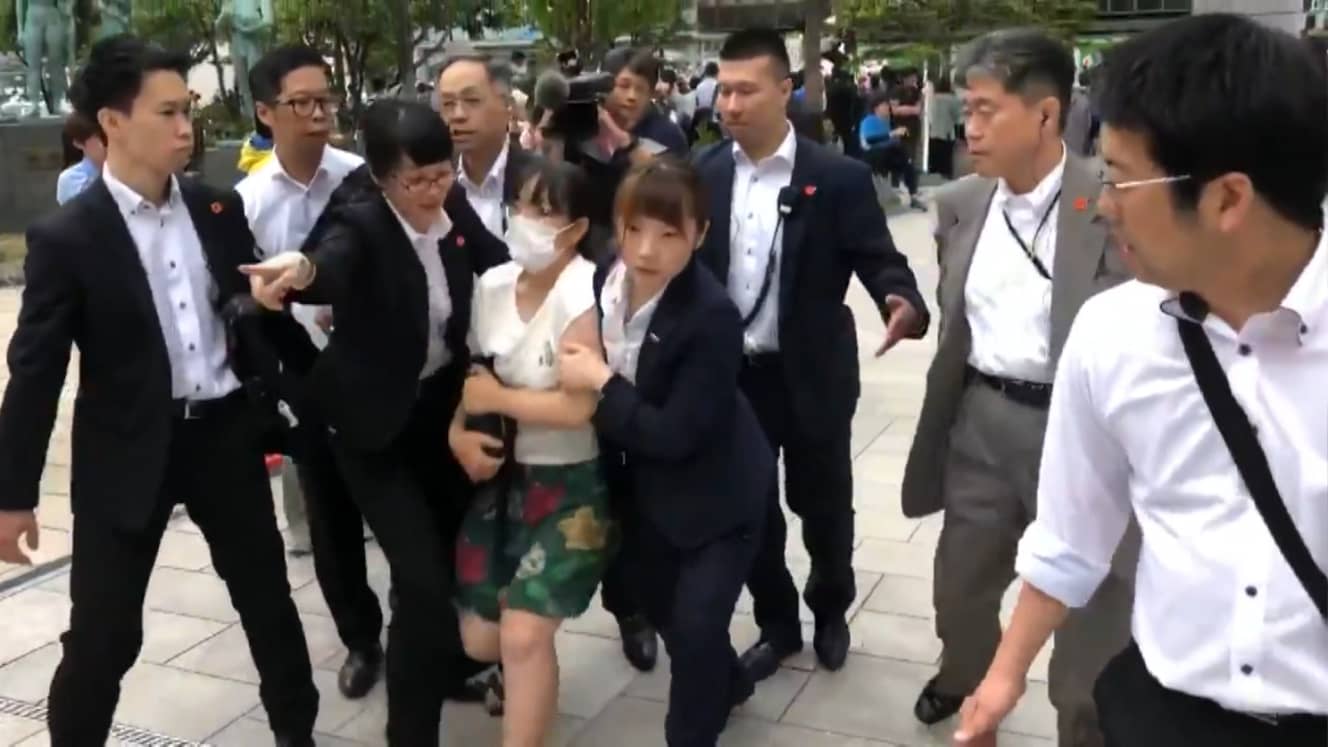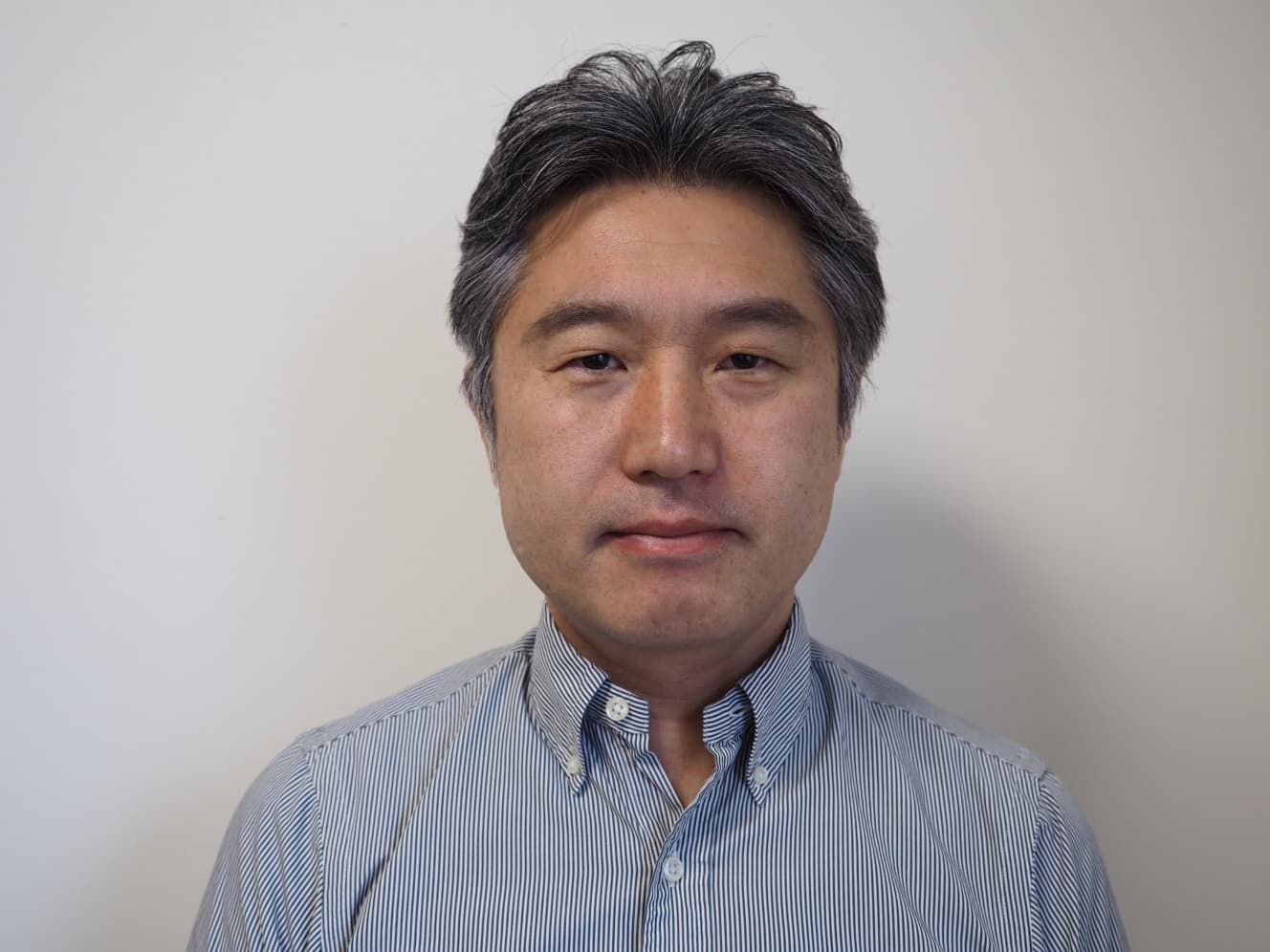Eliminating Yajji: “Events like those in socialist countries are happening locally…” Local TV station wants to appeal.
Stop Abe” and “oppose tax hikes” → forced exclusion…an act that deprives people of their freedom of expression! We will continue to say, “What is not right is not right.
Yaji and Democracy,” a Hokkaido Broadcasting Corporation (HBC) documentary program that questioned the state of freedom of expression and democracy through “yaji elimination” and won numerous awards including the Galaxy Award in 2008, is now being shown in theaters nationwide, beginning with Tokyo and Sapporo. The film, “Yajis and Democracy: The Extended Movie Version,” will be shown in theaters nationwide, beginning with Tokyo and Sapporo, where it is currently being screened.
On July 15, 2007, six days before the Upper House election, a man and woman yelled at then Prime Minister Shinzo Abe during a street speech in front of JR Sapporo Station. Masae Osugi shouted “Stop Abe!” and Kisei Momoi called out “No to tax hikes” at another location, and were forcibly removed from the scene by Hokkaido police shortly after they raised their voices.

In ’19 and ’20, respectively, the two men filed state compensation lawsuits against Hokkaido, which has jurisdiction over the Hokkaido Prefectural Police, with the Sapporo District Court on the grounds that their freedom of expression had been violated. In March 2010, the District Court ruled in favor of the plaintiffs, and they won their lawsuits. However, the Hokkaido government was dissatisfied with the ruling of the first trial and appealed the decision. In July, the Hokkaido Prefectural Government and Mr. Osugi appealed to the Supreme Court.
The film is a record of the 1,460 days of interviews and verifications with the people involved and the Hokkaido police, as well as the background to the exclusion of the yajis over a period of four years. We interviewed Mr. Yuusamurai Yamazaki, the director of the film and a member of the news desk at HBC’s Content Production Center, about his thoughts on the film and what it means to continue to tell the story.
On the day of the exclusion by the Hokkaido Police, Mr. Yamazaki was in front of JR Sapporo Station to listen to the speech. He said he heard shouting for a moment, but the shouting soon faded away.
I learned of the exclusion through an article in the national edition of the Asahi Shimbun. Actually, the HBC cameraman was not at the scene of the shouting match. But fortunately, an HBC correspondent happened to be filming the moment of the exclusion.
I was shocked when I saw the footage. A socialist country-like event was taking place locally, with police detaining citizens who voiced criticism of the regime. The elimination of yajis is an act of depriving people of their freedom of expression and is a violation of their human rights. I felt strongly that we had to go after this.”
As he began to follow the story reported in the Asahi Shimbun, questions began to arise one after another. What legal basis existed for the act of exclusion, whether yelling constituted election interference, and what the intentions of the Hokkaido police were. …… We sought out the excluded parties and aired interviews with them, and when we obtained new footage, we reported on the actual situation of the exclusion and continued to issue follow-up reports.

Many companies were done with their first reports, and we found ourselves the only ones who continued to report enthusiastically. If Hokkaido Broadcasting System ceased, there was a fear that there would be no media left to report. The problem has not been solved, but it will be quickly forgotten and become a thing of the past. For us, there was no thought of not continuing to report.”
There is another reason why we decided to continue reporting on the issue of the yaji exclusion.
I have always felt that the number of media outlets criticizing the police has been decreasing. If the mass media and the media do not fulfill their role of monitoring authority and become like public relations for the police, the entire press may lose credibility. I decided to continue to say, ‘What is not right is not right,’ as a media organization, regardless of the sarcasm and scowls of the police.

Comments “Yajis are annoying” and “Yajis are obstructing the election” on the Yahoo! News distribution
Last November, Mr. Yamazaki published “Yaji and Democracy” under the name of the author of the Hokkaido Broadcasting System News Department’s Hokkaido Police Yaji Exclusion Issue Reporting Team. In parallel, he produced a film, “Yajis and Democracy, the Movie Version,” which was shown at the TBS Documentary Film Festival. The film was shown at the TBS Documentary Film Festival, and now an expanded version has been released nationwide. I want people outside Hokkaido to know about it. Yaji has always wanted to let people outside of Hokkaido know about it.
Yajis are a way of expressing one’s opinion,” he said. On the other hand, the exclusion of yaji is an act that infringes on the freedom to voice what you feel is not right.
Yaji-exclusion is not just a problem for the police. I believe that Japan has become a society that allows the exclusion of those who are different from the rest of the world. What if we became a society that does not allow even a single yell? I want people to understand the fear of a suffocating world.
In the film, some citizens look at Mr. Osugi and Ms. Momoi with annoyance as they are taken away by police officers for yaji-ing. There may be more than a few people who see yaji-ing as an act of disturbing a speech.
Whenever the HBC report is broadcast on Yahoo! News or other news outlets, there are always comments that the yajis are obstructing the election or are a nuisance to those who want to listen to the speech. I feel that there is a strong sense of peer pressure among those who write comments, saying, ‘Everyone is listening quietly, so you should be quiet, too. It is precisely those people who see yajis as an act of sabotage that I want to encourage to see the film through to the end and think about it.
Neither Mr. Osugi nor Ms. Momoi were yelling to obstruct the speeches. That can be understood by watching the film. What is not clear is the substance of the Sapporo High Court ruling in June of this year, which is conveyed at the end of the film. Mr. Momoi won the case, while Mr. Osugi lost the reversal. Why were the two plaintiffs so clearly divided in their judgment of the police officer’s conduct?
The police presented new evidence at the high court regarding the exclusion of Mr. Osugi. Some people are of the view that this may have been the basis for the court to change its decision as a result.
On the other hand, the plaintiffs’ lawyers are saying that it is a conclusive ruling. This is only an imagination, but they may have decided that if the police lose the case outright, it could make it difficult to provide security for the yakuza when they are yelled at in the speech hall.
In October of this year, when Prime Minister Fumio Kishida was giving a speech in Tokushima City in support of the supplementary election for the House of Councillors’ Tokushima-Kochi constituency, a man yelled out, ‘Tax hike glasses.
Three Tokushima Prefectural Police officers immediately ran up to him and gestured for him to be quiet, and the man quickly left the scene. When we interviewed the Tokushima Prefectural Police, they said that because he raised his voice critical of the administration, they decided he might have hidden dangerous items and called out to him.
In other words, the police are of the opinion that a person who yells is a dangerous person. The Sapporo High Court’s ruling has allowed Mr. Momoi the right to freedom of expression. Although the police did not forcibly remove Mr. Momoi from the speech site in Tokushima, as they did in Sapporo, the ruling did not apply in the sense that a “soft removal” of Mr. Momoi took place.
I hope that all police officers in Japan will watch the film.

I want to convey the importance of raising one’s voice from the countryside
In his 20s and 30s, Mr. Yamazaki worked as a director for TV Asahi’s “News Station” and “Hodo Station,” covering such topics as the death penalty, crime victims, and juvenile cases. It was in his mid-30s that he moved to Hokkaido Broadcasting System. Why did he choose a regional broadcaster?
I felt that what I was reporting on on a daily basis was not contributing to society,” he said. I didn’t feel that the community in which I lived was improving.
I was a contract worker for a production company, so I had no idea what the future held. I wanted to do more down-to-earth reporting, and when I heard that HBC was looking for people, I decided to take the employment exam.
He says that it was his volunteer work overseas that led him to a career in news reporting.
In 1991, during the Gulf War, I volunteered at a refugee camp in Jordan. At that time, I asked the people whose homes and livelihoods had been destroyed by bombing and who had been forced to flee, ‘Is there anything I can do? They replied, “Tell them about us when you go back to Japan.
I had no money and no qualifications, but I thought I could tell people about them. That was the first time I thought about telling people about them as a career.
And now, based at a local broadcaster, Mr. Yamazaki continues to convey the message that “what is not right is not right,” and that the issue of the elimination of yazis is a problem.
For example, there are people in Sapporo, far away from Japan, who are speaking out against the war in response to the clashes between Israel and Hamas in Gaza. We should not be indifferent to human rights violations even if they are occurring in distant countries. There are people all over the world who are raising their voices in opposition to the war, and we want to convey the importance of raising our voices as well.

By the way, the case against the yajis has been moved to the Supreme Court, where it will continue to be fought. ……
I have no idea when the case will go to the Supreme Court. They say it could take several years, or we could suddenly get a letter tomorrow. Either way, we will continue to cover the case until the Supreme Court comes to a conclusion.”
The film will be released sequentially in 27 theaters nationwide (as of November 15), and at an advance screening held at Sapporo’s Theater Kino on November 20, the audience frequently ridiculed the Hokkaido police for their exclusionary behavior.
Yuji Yamazaki is a news desk clerk at HBC’s Content Production Center, born in Hokkaido in 1971. After graduating from Nihon University, he joined a Tokyo-based production company. He worked as a director for TV Asahi’s News Station and News Station. In 2006, he joined HBC Hokkaido Broadcasting in mid-career. After working as a police/political cap and general editor, he has been in his current position since April ’22. As a director, he produced documentaries on the scene of organ donation and issues in local medical care. As a producer, he has produced films such as “Do Neanderthals Dream of Nuclear Weapons: Nuclear Waste, Science, and Democracy.

For the official website of “Yaji and Democracy “, click here.
Interview and text by: Sayuri Saito